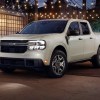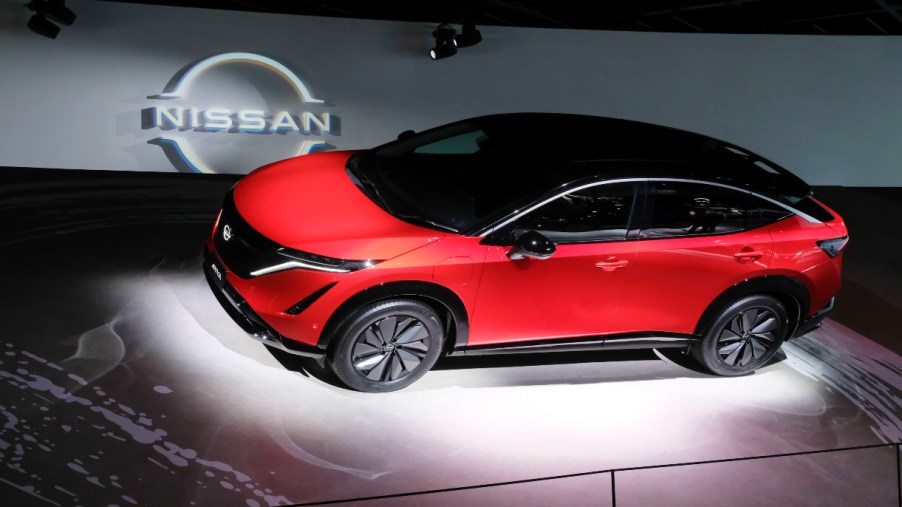
Report: Nissan Kills All Combustion Engine Development
People familiar with the internal workings of Nissan said it plans to stop all internal combustion engine development. It would be the first Japanese automaker to commit 100 percent to electricity. It is only now coming out with its first electric crossover; the Ariya, but it once led the all-electric field with its Leaf.
Nissan led the way with the first mass-produced EV-the Leaf
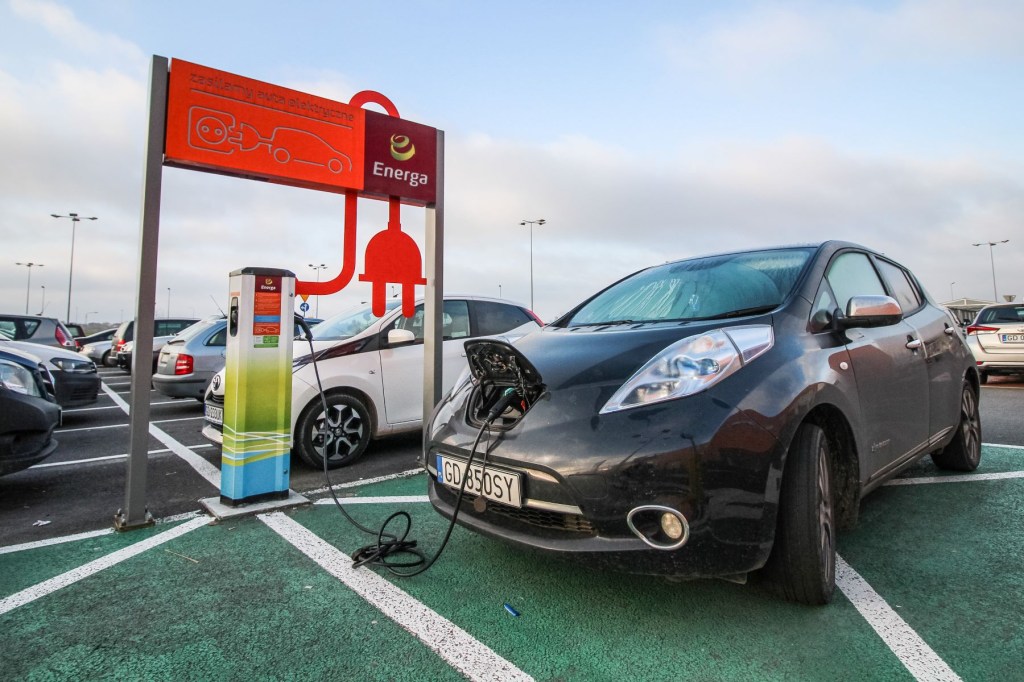
Since the introduction of the first mass-produced all-electric Leaf in 2011, it resumed the path of traditional vehicle manufacturing. If it had continued EV development at that time it would surely be one of the leaders in electrification. Instead, it is trying to ramp up its EV portfolio as most other companies have passed it.
According to Nikkei, Nissan has already dropped gas engine development for its European offerings. And is on the cusp of doing the same with China and Japan. But what about the US?
What about the US?
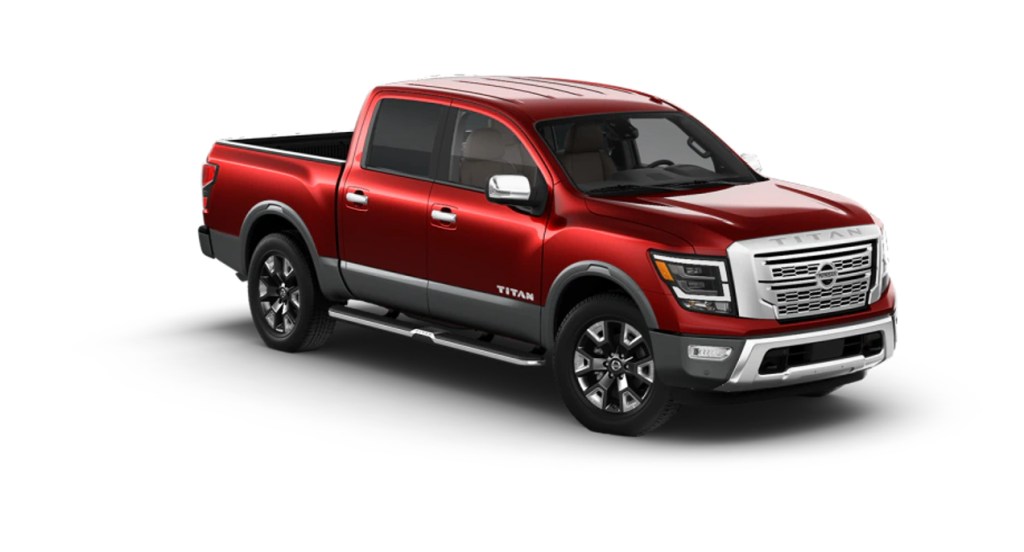
For North America, it plans on refining what it already has here. Nikkei says this is so that Nissan can continue to offer hybrid vehicles, and also for the trucks it sells here. We have been expecting Nissan to announce the end of the Titan pickup, but maybe it sees potential from the positive reception both the Ford Lightning and Silverado EV have garnered.
Especially for the Titan, if Nissan does continue manufacturing it, a hybrid powertrain would almost be mandatory. That is because of fuel economy ratings for the full-size truck as pretty low. And don’t forget, fuel economy requirements are slowly ramping up.
But the plan is for Nissan to refine its existing internal combustion engines, but not produce any from a clean sheet. It has been working on a twin-turbo 3.5-liter V6 that is expected to debut in the new Armada. But that will undoubtedly be the final new internal-combustion engine to come out of the company.
Nissan can shift personnel and plants from ICE to EV
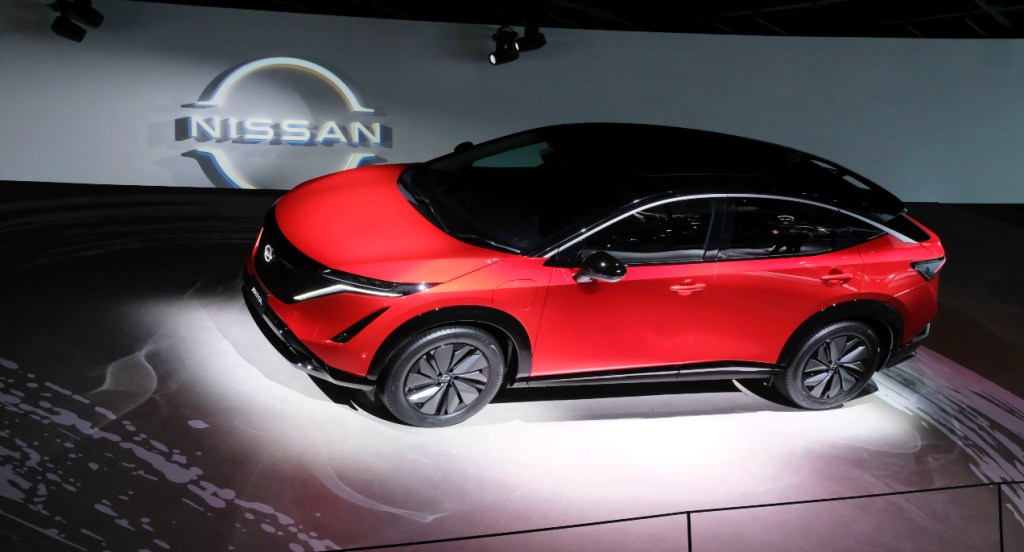
News coming out of Japan also indicates there won’t be a loss of workforce or plant closures over this major shift. Those involved in engine manufacturing or development will merely be reassigned to EV-related projects or alternative propulsion exploration.
In the past few years, Japanese automakers have downplayed the EV revolution. Instead, hybrid and even hydrogen have been built up as better alternatives. Toyota is the company driving this narrative. But even it has finally caved and is doing a quick about-face.
So it is rare to see any Japanese manufacturer make such a course change. Japan has been slow in adopting EVs, while the US has recently seen a spurt in sales. But it is still not a large percentage of vehicles sold. So it does make for a good strategy to continue with some form of gas-powered engines for the time being. But then be ready when electrification takes over and gas-engine vehicles no longer make sense to manufacture.

